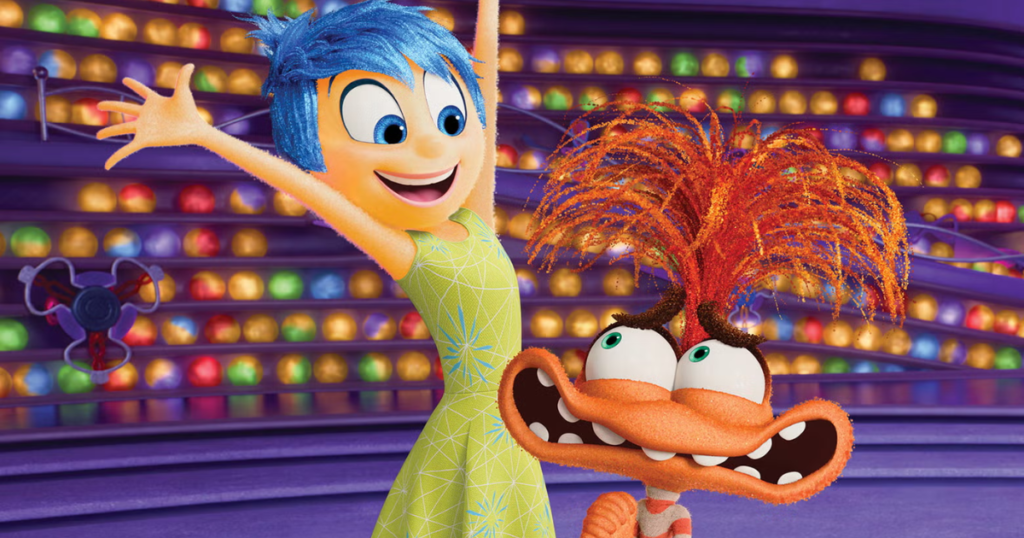
Nobody wants to feel misunderstood, especially during their formative years. This uncomfortable feeling is common, even among people without any perceivable issues or disabilities. However, this can be much harder when you must navigate speech, language, and hearing issues that hinder communication.
That’s why the continual growth in the communication support world is so important and invaluable. Whether it be strategies like sign language and picture exchanges or smartphone applications, communication support is easier than ever. Understanding why it’s so important for the youth doesn’t require much effort.
Young people are vulnerable and yearn to be understood by their peers and elders alike. Luckily, this is easier than ever thanks to the wealth of tools, strategies, and technologies. Follow along as we explore why communication support matters for youth mental health.
The Power of Communication Support
Communication support has helped people with speech, language, and hearing disabilities for years. This large umbrella encompasses technologies, tools, and communication strategies. For example, speech-language pathologists (SLPs) can teach people strategies and alternative communication methods to express themselves, like sign language.
Similarly, SLPs can show people how to utilize the many modern communication tools at their disposal. Augmentative and Alternative Communication (AAC) devices include communication boards and picture exchange communication boards. Today, people can even use applications for smartphones and computers to communicate while navigating issues and disabilities.
Modern technology paired with age-old communication supports, like pen and paper and sign language, offers mental health support. Mental health struggles are common during youth, and the inability to articulate yourself makes this much harder. Communication support is essential for many reasons and yields many mental health benefits for young people, such as:
1. Encourage Self-Expression
It’s hard to feel surprised when someone without communication support cannot easily express themselves. Without communication aids, many people cannot express their feelings. Some people struggle to express themselves because of disabilities, and mental health issues can compound this.
However, modern communication support options ensure people can express themselves regardless of such circumstances. For example, a speech-language pathologist (SLP) can help teach people with speech and language problems how to express themselves.
Utilizing communication support tools sometimes requires SLP guidance at first. The inability to express yourself can compound existing issues and leave you feeling frustrated or misunderstood. Communication support gives people the ability to develop healthy communication habits and express themselves to their peers.
2. Build and Strengthen Relationships
Isolation can be dangerous, and that means something different to everyone. However, it’s easy for some people to forget that isolation doesn’t necessarily mean you’re physically alone. You can feel isolated in a room full of people if you can’t open up to others and express your feelings.
This goes hand in hand with mental health in several ways. For example, some people isolate themselves due to anxiety, depression, and other mental health disorders. Others feel isolated because, without communication support tools, they cannot easily express themselves.
This self-isolation can, in turn, further isolate you from your peers as you struggle to build relationships, which makes the problem worse. Utilizing communication support tools will only make them better and improve your mental health. Communication support tools make building and maintaining relationships much easier, which is an essential part of mental health.
3. Normalization
Many young people struggling with mental health issues worry about how such issues are perceived. This has a lot to do with societal norms and the way mental health has been addressed in the media for years. Luckily, the stigma surrounding mental health is lifting, and the youth no longer face as big of hurdles regarding treatment.
Similarly, communication support tools, such as communication devices and hearing aids, have become more normalized. This can help people feel more comfortable while using communication tools. The alternative is that people would feel like an outcast because they don’t communicate like others do.
Young people are quite observant and self-aware, which makes recognizing personal differences difficult. The more we normalize communication support, the more comfortable people will feel when using such tools. This can prevent a lot of pain and discomfort associated with feeling different throughout youth.
4. Conquer Obstacles
Critical thinking and problem-solving are a big part of growing up. Learning to conquer obstacles and approach problems critically requires a lot of communication. Today, communication support tools and technology let people conquer obstacles and solve problems through unique methods.
Whether it be type-to-talk tools or Augmentative and Alternative Communication (AAC) methods, anyone can work through such problems. It may take some guidance, but communicating via modern support tools can show people they aren’t so different. This is true in academic, medical, and personal applications alike.
Such tools have existed for years, and they continue to get better with time. We can only hope that they become more common, widely available, and affordable year after year.
Anything is Possible with the Right Tools and Strategies
Communication support isn’t a simple fix without effort. It requires time, resources, and effort among all parties involved, but it’s worth it. Whether you’re a parent, friend, or speech-language pathologist, you can help someone by putting in effort.
Sometimes, this entails adopting new communication methods to converse with someone who has a disability. Other times, it may require you to invest in new tools, applications, and devices to help your friend or loved one communicate. Doing so will help them navigate their youth, life, and mental health in many invaluable ways.
Mariam holds an MS in Sociology with a specialization in Medical Sociology and Social Psychology. With a strong academic background and extensive research work in both fields, she brings depth and clarity to complex topics. Her writing explores the intersection of society, health, and the human mind, making academic ideas easy to grasp and relevant to everyday life.


